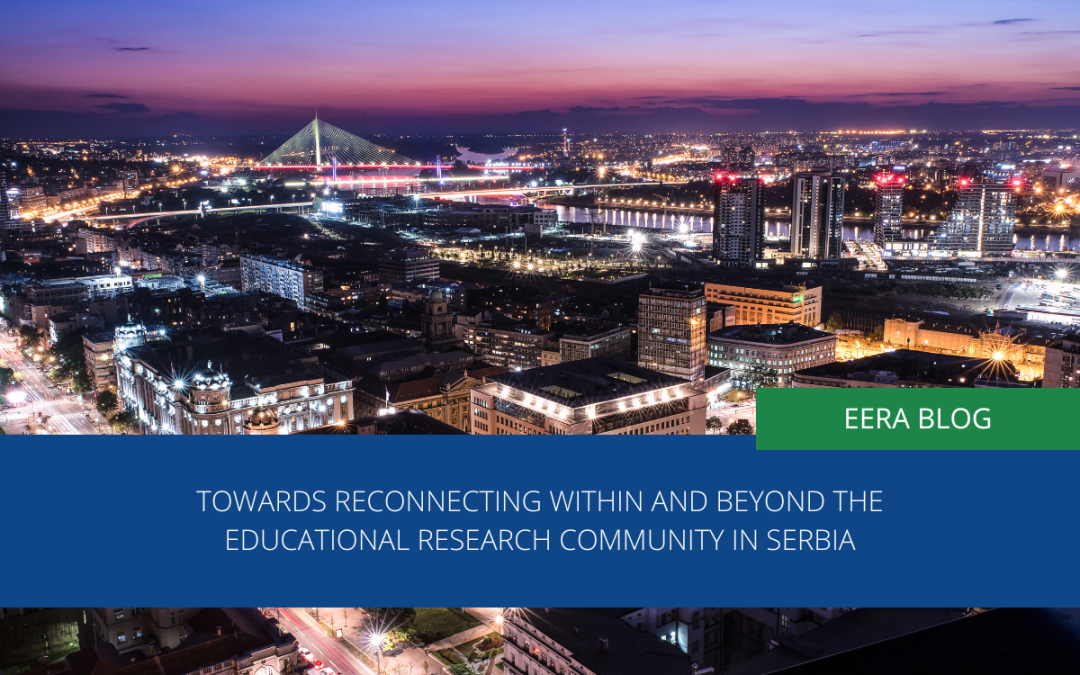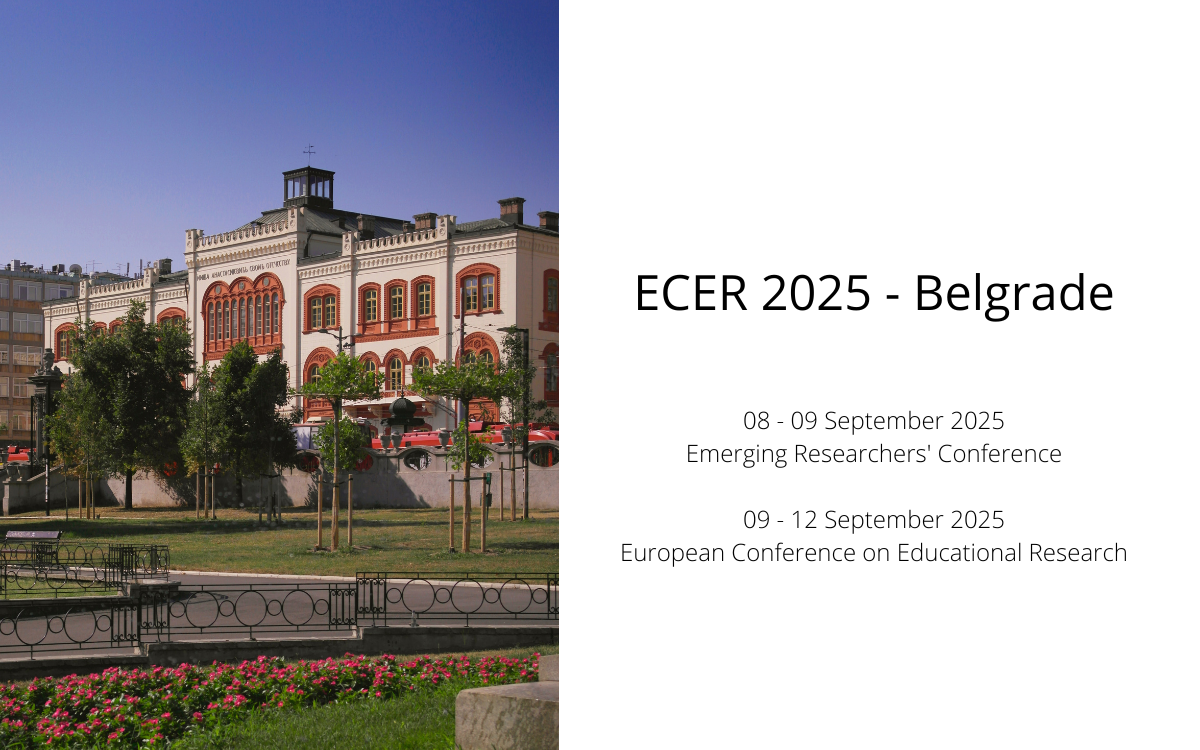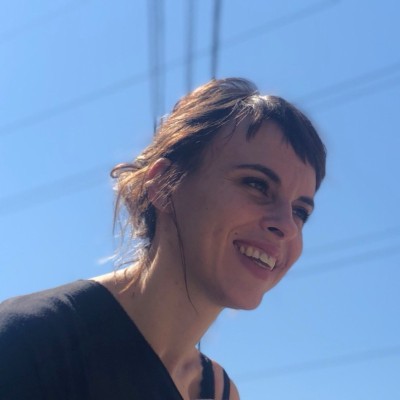
Towards reconnecting within and beyond the educational research community in Serbia
Serbia is a country nestled in the Balkans, Southeast Europe, which evokes a multitude of associations depending on one’s generational perspective. From Ottoman rule and the Battle of Kosovo, legendary scientist Nikola Tesla, historical figures like Gavrilo Princip, Nobel Prize winner Ivo Andrić, to the memories of Yugoslavia, the 1990s wars, the NATO bombing in 1999, the country’s prowess in collective sports such as basketball, and the tennis player Novak Đoković – Serbia’s narrative always provokes dilemmas.
But why delve into this historical labyrinth when discussing educational research in Serbia?
Serbia has always been a place where different cultures mix, leading to both understanding and conflict, requiring multiperspective approaches and fine interweaving of the joint narratives. The role of education and educational research’ in interpreting socio-cultural events, building collective narratives and bridging diverse perspectives is irreplaceable.
Due to the fragmentation of this region and the division of a multinational state into smaller, ethnically homogeneous entities, the term “balkanisation” itself was coined. The fragmentation of this geographical and political area corresponded with a divide within the research community. Moreover, international sanctions imposed on Serbia led to its educational research community being isolated from the global scientific network. However, this adversity paradoxically served as a unifying force within the local research community and its cohesive influence was reflected in the mobilization of existing resources in researching how education adapts and how education could help citizens to adapt to the uninterrupted crisis. The challenge of this task becomes even more noticeable when we take into account the limited resources and resistance on the side of decision-makers, often resulting in educational research being perceived as a form of quiet activism, encompassing ‘little acts’ that are both collectively and politically significant.
To overcome these hurdles, the Educational Research Association of Serbia (ERAS) was created in 2013, aiming to affiliate with the European Educational Research Association (EERA). ERAS stands out for its advocacy of interdisciplinary collaboration, welcoming experts from diverse fields interested in educational research. We wonder whether, together with EERA, we can rewrite the narrative of ‘balkanisation’, turning it from a tale of fragmentation into one of collaboration and reconnection. Hence, the theme of the ECER 2025 is Charting the Way Forward. We are looking forward to welcoming you in Belgrade!

ECER 2025 goes to Belgrade, Serbia.
Find out more about ECER 2025 in Belgrade, the keynote speakers, and how to submit a proposal, and the deadlines for submission and registration on the EERA website.

Olja Jovanović
Assistant Professor, University of Belgrade
Olja Jovanović is an Assistant Professor at the University of Belgrade’s Center for Teacher Education and Department of Psychology, specializing in inclusive education. With a diverse background spanning schools, NGOs, international organizations, and higher education, her research focuses on how education systems affect marginalized children and youth. She has expertise in developing frameworks to monitor inclusive education and exploring the connection between integrity and inclusive education in Eastern Europe and Central Asia. Olja is a member of convener group of the European Educational Research Association’s network on inclusive education and serves on the editorial team of the European Journal of Inclusive Education.
.

Dr Dragica Pavlović Babić
Associate Professor, Department of Psychology, University of Belgrade
Dragica Pavlović Babić, PhD, is an Associate Professor at the Department of Psychology, University of Belgrade and Faculty of Mathematics University of Belgrade, teaching courses on educational psychology, educational policy and assessment. She coordinated OECD/PISA study in Serbia for 5 cycles. She has worked in developing assessment systems in Serbia, Montenegro and Central Asia (Tajikistan). Member of several scientific organizations and bodies: EERA Council; Board for Psychology in Education of European Federation of Psychologists’ Associations (EFPA); Educational Research Assosiation of Serbia – president; Petnica Science Centre’ Council – president; ISCAR – International Society for Cultural and Activity Research.

Dejana Mutavdžin
PhD candidate, University of Belgrade
Dejana Mutavdžin is a PhD psychology candidate at the Faculty of Philosophy, University of Belgrade, where she has completed her BA and MA studies. She is affiliated as a Teaching Assistant of Psychology at the Faculty of Music, University of Arts in Belgrade. Her research interest is the relationship between different types of abilities, emotional inteligence, giftedness in non-academic domains, and opportunities for their acknowledgement in the educational process.
